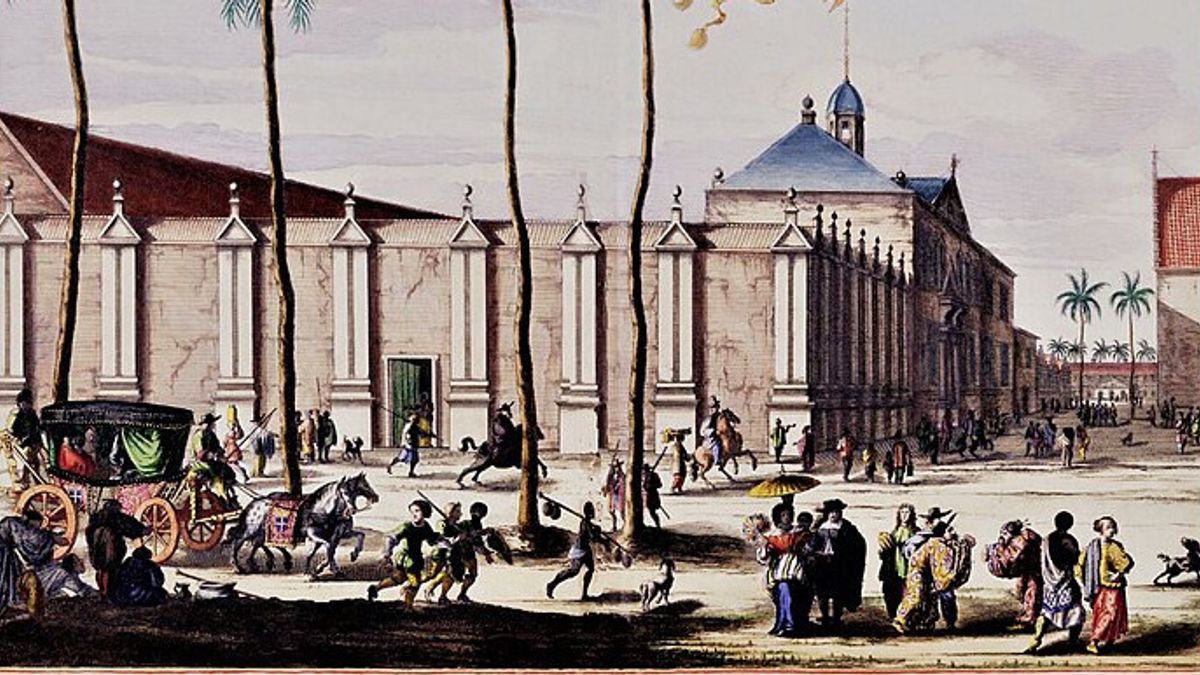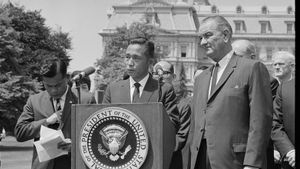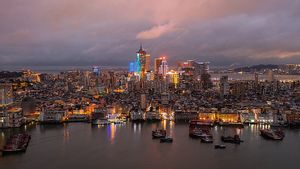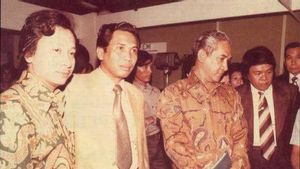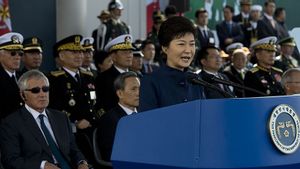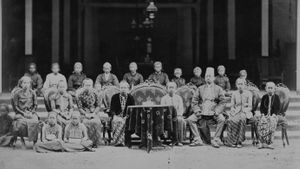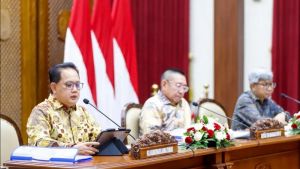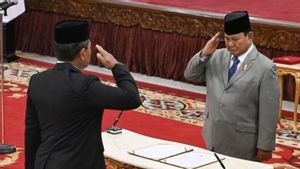JAKARTA – Today's history, 409 years ago, December 21 1614, the Dutch trading company, VOC and the Ruler of Jayakarta (now: Jakarta), Prince Jayakarta signed a trade agreement. The agreement allowed the Company to enjoy a supply of trade goods, from wine to rice.
Previously, the Company had the intention of monopolizing trade in Banten and Jayakarta. The embracing strategy is played. Cooperation is perpetuated with the promise of profit. Prince Jayakarta was unable to resist the presence of the Dutch.
The Company was once attracted by the busy trading atmosphere in Banten, then Jayakarta. Both were considered ideal and strategic places for the development of the Company's spice trading business.
The Company's monopoly instincts flared. They tried to set up a base in Banten. However, recently the Dutch felt at home living in a vassal of the Banten Kingdom, Jayakarta. The embracing strategy was played.
The Dutch began to invite the cooperation of the local ruler, Prince Jayakarta. The results are brilliant. The Company was permitted to establish lodges. Even though the Dutch had to spend a lot of money in return for Prince Jayakarta.

This collaboration made the intensity of Dutch ships docking in Jayakarta more frequently. The Company began to become attracted to the potential that existed in Jayakarta. Its strategic location is a reason. However, Prince Jayakarta did not immediately believe that the Company had good intentions.
The local authorities continued to be suspicious. However, the Company continued to plot. The Company continues to believe that their intentions are pure cooperation that benefits both parties. There is no desire to occupy territory. Various collaborations were also signed. Something that Prince Jayakarta could not refuse because its value was great.
“In 1610 the Dutch were allowed to build a warehouse and wooden houses on the eastern bank of the Ciliwung mouth. When the Dutch ship first docked in Jayakarta in 1596, in this city there were 3 thousand houses, surrounded by green fences. "Since this year Dutch ships have often stopped at Jayakarta Harbor to buy vegetables and get clean drinking water."
"To obtain permission to build a warehouse, the Dutch paid 1,200 reals to Prince Jayakarta in 1610. The Prince tried to strictly supervise these unruly guests. "Near the mouth of the river, Prince Jayakarta built fortifications with cannons, so that he could monitor the river mouth and the activities of the Dutch on the other side," explained historian, Adolf Heuken in the book Historic Places in Jakarta (2016).

Time continued to pass. Collaboration was becoming more lasting. The Company also tried to gain the trust of local authorities by concluding a trade agreement on 21 December 1614. This trade agreement allowed the Company to obtain supplies of necessities such as wine, rice and nuts.
The agreement benefited Prince Jayakarta. However, slowly the Company began to transform its lodge into a fortress. Lodges which were originally made from wood began to be replaced with strong materials. Weapons supplies began to appear.
This provision gave the Company the courage to fight against Prince Jayakarta along with the British and Banten. Therefore, the Company succeeded in destroying Jayakarta and turning it into Batavia (now: Jakarta) in 1619.
SEE ALSO:
"The Chinese village already existed in the Jayakarta area when a Dutch ship first stopped at this port on November 13, 1596. The Chinese settlers managed rice fields and a wine distillery. The Dutch named their leader as Nakhoda Watting. "The permission given by Prince Jayakarta to establish a VOC lodge was also located close to the Chinese village, namely on the east side of the Ciliwung River."
“Watting apparently has an important role in Prince Jayakarta's territory. He was a witness in the signing of the trade agreement contract on December 21, 1614 which regulated the supply of wine, rice and nuts to the VOC. "The agreement was made between the VOC and Prince Jayakarta," explained historian Moha Lohanda, in the book History of the Officials Who Governed Batavia (2007).
The English, Chinese, Japanese, Arabic, and French versions are automatically generated by the AI. So there may still be inaccuracies in translating, please always see Indonesian as our main language. (system supported by DigitalSiber.id)
